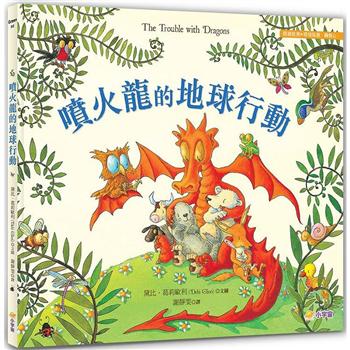The French language has been imposed on many sub-Saharan African peoples by history, i.e. by colonization. This situation has led to the cohabitation of French with the local languages of the colonized peoples. Yet each language has its own substrate and syntax, which are activated in communicative situations. The result is linguistic interference, xenism and variationism. These linguistic facts are perceptible in the literary production of certain African writers such as Sony Labou Tansi and Mongo Béti. It is in this African social context that the issue of French variationism in the French-speaking African novel was born: "Le variationnisme du français dans La vie et demie de Sony Labou Tansi et Branle-bas en noir et blanc de Mongo Béti: Étude grammaticale et énonciative" (French variationism in Sony Labou Tansi’s La vie et demie and Mongo Béti’s Branle-bas in black and white: a grammatical and enunciative study).We are aware that the subject of the "variationism" of French in African writing has been and remains the subject of numerous works and studies. The risk of an impression of "déjà vu" is therefore not to be excluded.
| FindBook |
有 1 項符合
Variationism and the Contextualization of French的圖書 |
 |
Variationism and the Contextualization of French 作者:Toure 出版社:Our Knowledge Publishing 出版日期:2024-04-03 語言:英文 規格:平裝 / 284頁 / 22.86 x 15.24 x 1.63 cm / 普通級/ 初版 |
| 圖書館借閱 |
| 國家圖書館 | 全國圖書書目資訊網 | 國立公共資訊圖書館 | 電子書服務平台 | MetaCat 跨館整合查詢 |
| 臺北市立圖書館 | 新北市立圖書館 | 基隆市公共圖書館 | 桃園市立圖書館 | 新竹縣公共圖書館 |
| 苗栗縣立圖書館 | 臺中市立圖書館 | 彰化縣公共圖書館 | 南投縣文化局 | 雲林縣公共圖書館 |
| 嘉義縣圖書館 | 臺南市立圖書館 | 高雄市立圖書館 | 屏東縣公共圖書館 | 宜蘭縣公共圖書館 |
| 花蓮縣文化局 | 臺東縣文化處 |
|
|
圖書介紹 - 資料來源:博客來 評分:
圖書名稱:Variationism and the Contextualization of French
|










